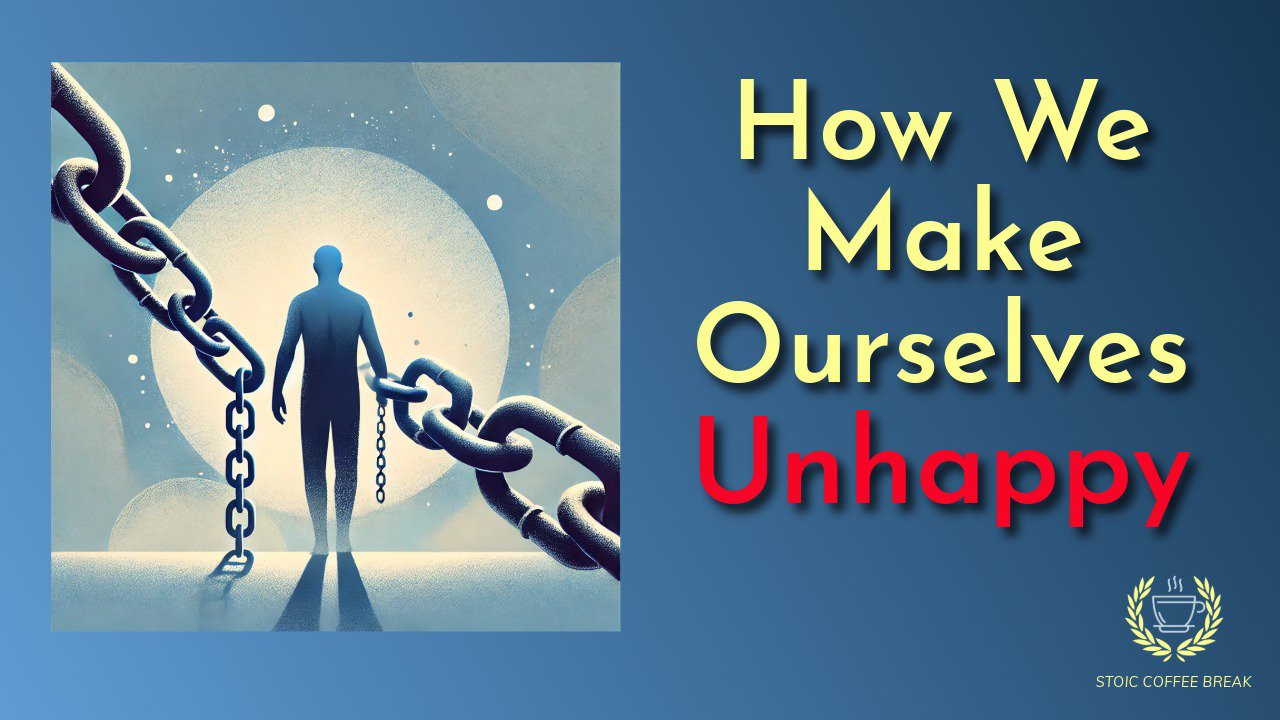Tag: self-judgment
-

331 – How We Make Ourselves Unhappy
Happiness often eludes us not because life is inherently unfair, but due to our own expectations and perceptions. The Stoics teach that by letting go of these expectations and embracing what comes, we can find true peace and contentment.
-

192 – Self-Sovereign
“Be content to seem what you really are.” — Marcus Aurelius One of the hardest things in our lives is to be completely honest with our selves and with those around us. Why is that? Why do we hide parts of ourselves or lie about how we feel, especially with those we love the most?
-

168 – Self Acceptance
“Equanimity is the voluntary acceptance of the things which are assigned to thee by the common nature.” – Marcus Aurelius How often do we hold ourselves back because of our inner critic? What if instead we practiced self acceptance, and treated ourselves like we treat a good friend – with honesty, kindness, and forgiveness? The…
-

151 – To Be Unshaken
Do you struggle to live up to your principles? Do feel like when you make a mistake that all your efforts were not worth it? In this weeks episode, we’re going to talk about how to approach mistakes in a much more helpful way.
-

148 – Comparison and Self Judgment
How often do we compare ourselves with others? Why do we get down on ourselves when someone is better than us at something? This weeks episode is about comparison, and how to get past the need to compare ourselves with others, and change the inner critic.